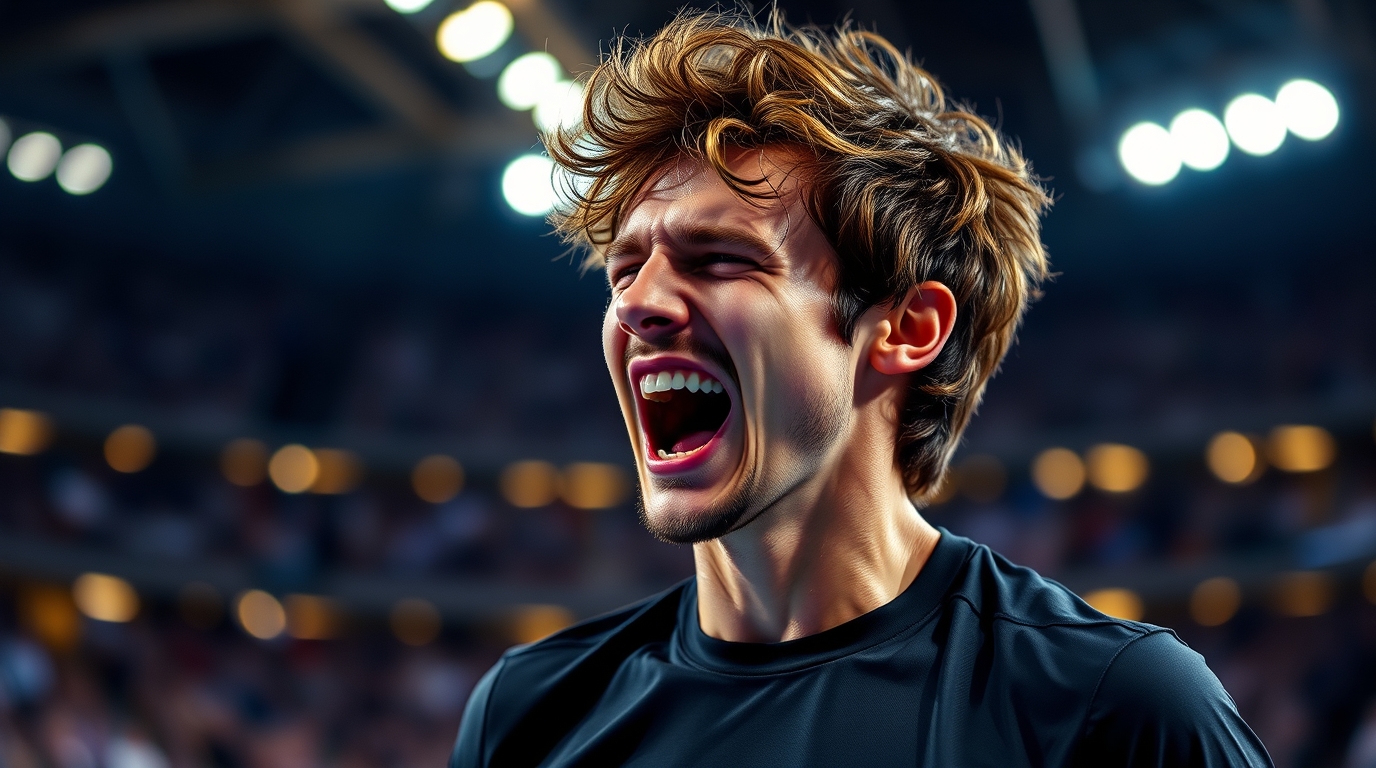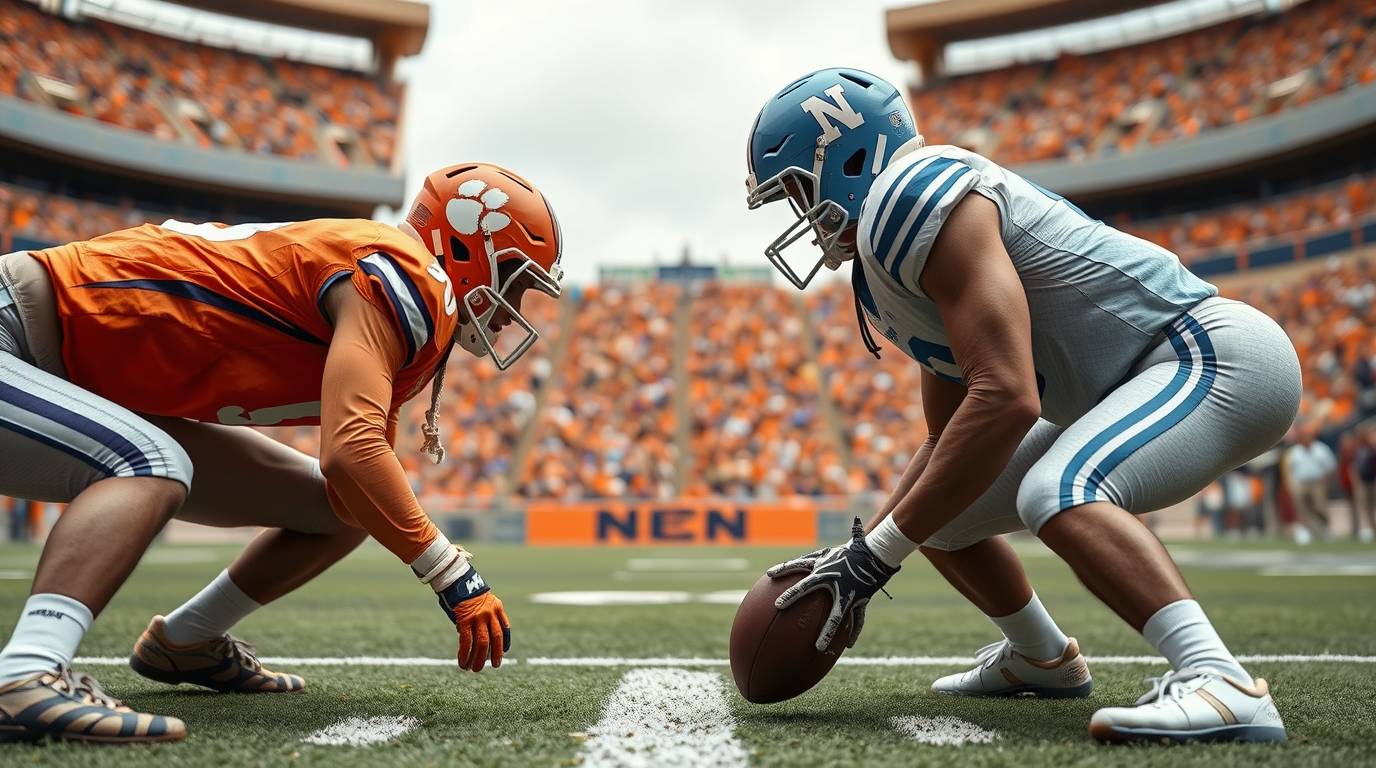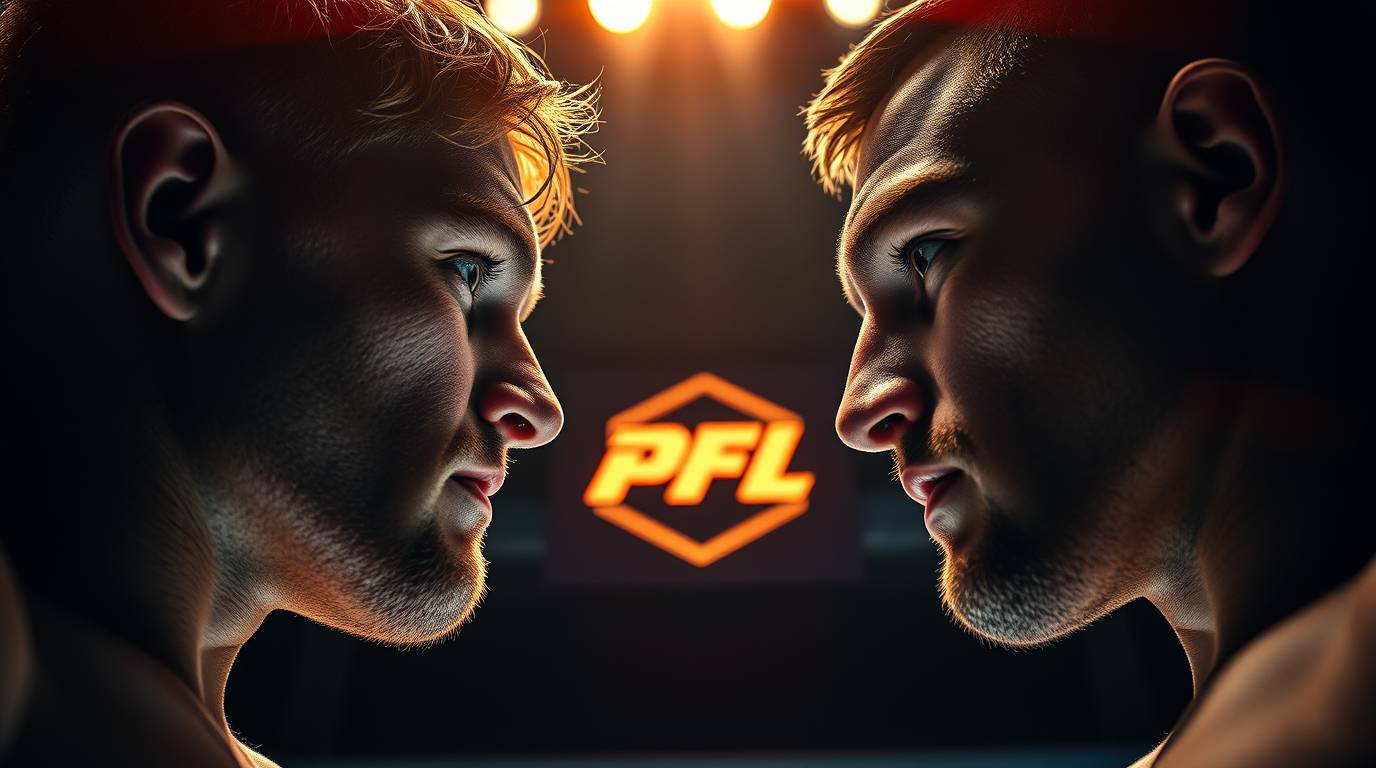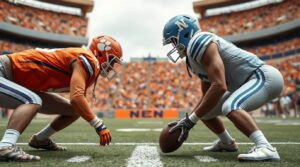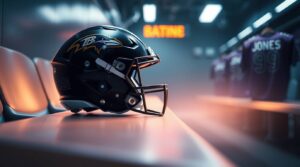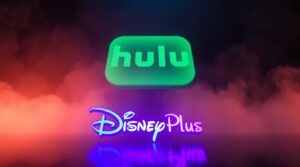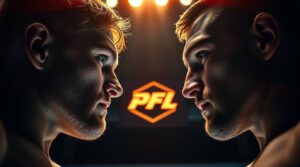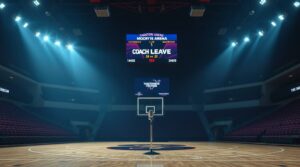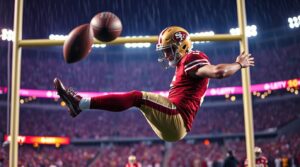Zverev Conquers Time and Tabilo in US Open Night Session
Beneath the fluorescent glow of Arthur Ashe Stadium, Alexander Zverev didn’t just play a match—he fought against time, fatigue, and the ghosts of Grand Slams past. His 1 A.M. victory was more than a first-round win; it was a statement of intent.
The US Open is known for its electrifying night sessions, but few matches encapsulate the tournament’s drama like Alexander Zverev’s opening-round victory against Alejandro Tabilo. As the clock ticked past midnight, Zverev emerged triumphant with a 6-2, 7-6(4), 6-4 win, securing his place in the second round and setting the tone for a campaign fueled by resilience and redemption.
For Zverev, this match was more than a routine victory. It was a test of mental fortitude, a reflection of his recent struggles, and a glimpse into the mindset of a player determined to finally capture that elusive Grand Slam title.
⚡ The Midnight Hour: Zverev’s Late-Night Grind
A Test of Focus and endurance
Playing a professional tennis match at 1 A.M. is akin to running a marathon at a sprint pace. The air is cooler, the crowd is thinner, and the body’s natural rhythms are disrupted. For Zverev, however, this was an opportunity to showcase his professionalism and adaptability.
- Strategic Efficiency: Despite the late start, Zverev played with remarkable precision, saving all six break points he faced and winning 80% of his first-serve points.
- Mental Toughness: The match demanded unwavering concentration, particularly in the second-set tiebreak, where Zverev’s experience proved decisive.
Acknowledging the Fans
In his post-match interview, Zverev paid tribute to the fans who stayed until the early hours: “It’s great to see the love for tennis in New York. It’s almost 1 A.M., and it’s a Tuesday… Thank you to everyone who stayed”. This gesture highlighted his appreciation for the support and his understanding of the unique atmosphere that defines the US Open.
🧠 The Psychological Journey: From Wimbledon Despair to US Open Hope
Confronting Inner Demons
Zverev’s path to this US Open has been anything but straightforward. Just two months ago, he suffered a devastating first-round exit at Wimbledon, describing himself as “lacking joy” and “feeling very alone”. This candid admission revealed a player grappling with the pressures of elite competition and the weight of unmet expectations.
Seeking Professional Help
In a move that signals maturity and self-awareness, Zverev sought professional mental support after Wimbledon. He admitted, “Maybe for the first time in my life, I’ll probably need it”. This step is crucial in understanding his recent resurgence—tennis is as much a mental battle as a physical one.
A Renewed Mindset
Zverev’s time away from the court post-Wimbledon involved a complete break from his rigorous routine. He spent time with friends, avoided training, and focused on rediscovering his passion for the sport. This holistic approach has clearly paid dividends, as evidenced by his focused performance against Tabilo.
📊 Zverev’s US Open History: A Tale of Near Misses
Zverev’s relationship with the US Open is defined by both brilliance and heartbreak. The following table highlights his performances over the years:
| Year | Result | Key Moment |
| 2020 | Runner-up | Lost to Dominic Thiem in a fifth-set tiebreak |
| 2021 | Semifinals | Defeated by Novak Djokovic |
| 2022 | Did Not Play | Injury |
| 2023 | Quarterfinals | Lost to Carlos Alcaraz |
| 2024 | Quarterfinals | Lost to Jannik Sinner |
The 2020 final remains particularly poignant. Zverev held a two-set lead over Them but ultimately fell in a fifth-set tiebreak—a loss he described as one he “should have won”. This history adds layers of narrative to his current campaign.
🔥 The Path Ahead: Challenges and Opportunities
Immediate Hurdles
Zverev’s next opponent, Jacob Fearnley, poses a manageable but meaningful challenge. Zverev leads their head-to-head 2-0, including a straight-sets victory at this year’s Australian Open. However, underestimating Fearnley could be costly.
The Bigger Picture
If Zverev progresses, he is seeded to face defending champion Jannik Sinner in the semifinals and Carlos Alcaraz in the final. These matchups would test his physical and mental readiness to finally win a major.
Key Factors for Success
- Serve Dominance: His performance against Tabilo demonstrated how critical his serve is to controlling matches.
- Mental Resilience: Maintaining focus and joy both on and off the court will be essential.
- Strategic Adaptability: Adjusting to different opponents and conditions will determine how deep he goes.
💎 Conclusion: A Journey of Redemption
Alexander Zverev’s 1 A.M. victory was more than a first-step win; it was a microcosm of his career—resilient, dramatic, and relentlessly pursued. As he advances in the US Open, he carries with him the lessons of past failures and the hope of future triumphs.
In the quiet of a New York night, Zverev didn’t just win a match—he took another step toward conquering his doubts and forging a legacy defined not by near misses, but by Grand Slam glory.
What do you think lies ahead for Zverev in this US Open? Can he overcome the odds and claim his first major title? Share your thoughts in the comments below, and follow our coverage for more insights into the world of tennis!
